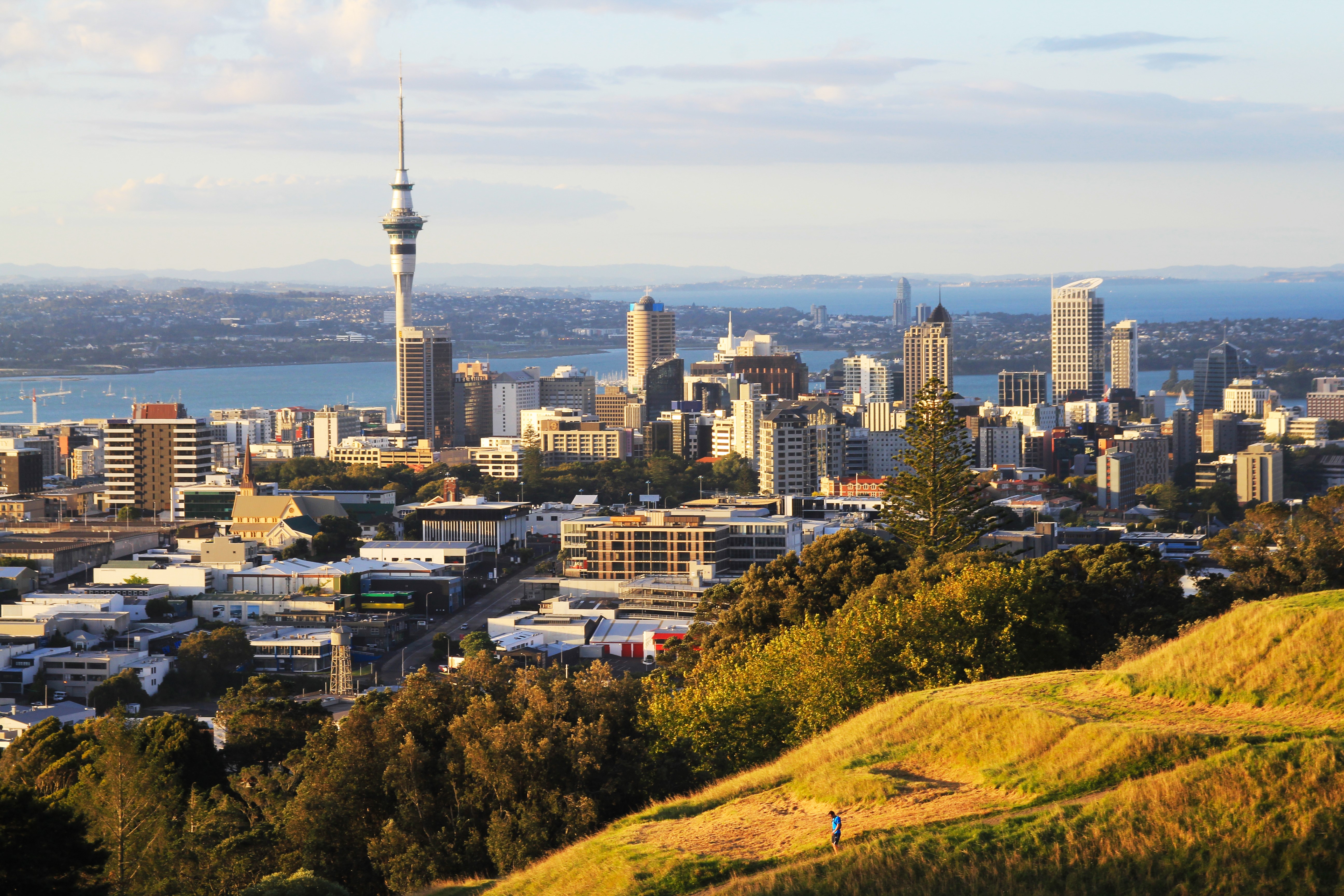Target Rates Proposed by Auckland Council - Will This Set a National Precedent?

Due to the protests of commercial accommodation providers, Auckland Council had a hearing on March 20, 2017, meeting with various affected parties regarding proposed targeted accommodation rates. These rates had been vilified as being unfair, inappropriate and inequitable.
The proposal for targeted accommodation rates have been due to Auckland Tourism Events and Economic Development (ATEED) plans to attempt to grow tourism in the area. Even though visitor spend is distributed across thousands of businesses in the area, accommodation providers were being asked to provide 100 percent of the cost of enhancing tourism.
Tourism Industry Aotearoa (TIA) noted that the proposal “would have massive unintended consequences for the city and must be dropped.” In addition, it stated that, “Visitors to Auckland spend $7.5 billion a year across a diverse range of services, including retail, hospitality, transport and activities. The commercial accommodation sector receives only 9 percent of that spend but is being asked to pay 100 percent of the targeted rate.”
The proposed targeted rate would affect approximately 3,100 landlords and property owners and will be based on the capital value of the building. It essentially means that accommodation businesses in the area would receive between a 150 to 300 percent rate increase year-on-year. For example, a small backpacking hotel is looking at an increased payment of $50,000 on top of rates that are already high at $30,000. For larger businesses, according to AccommodationNZ, this rate could rise up to $860,000 per year, with holiday parks seeing a $69,000 increase and suburban hotels seeing a $34,000 increase. Critics say few businesses can shoulder such a burden, and many would be forced to close, particularly those that are run by small husband-and-wife teams.
The rates could also discourage providers from opening up new hotels to deal with the current shortage of rooms. TIA estimates that Auckland would lose around $500 million in capital investment should the proposed targeted rate increase go ahead. This would be exacerbated by a significant reduction in the value of existing accommodation assets of up to $400 to $450 million.
Although accommodation providers are willing to pay a fair share, they are not willing to shoulder the entire burden of costs for relatively limited benefits. Many accommodation providers obtain a large proportion of their business through regular business customers, who are not affected by tourism. This means ATEED has limited impact on their model, other than by creating shortages of hotel rooms at peak times. Indeed, some accommodation providers have exclusive arrangements with the government to provide rooms, which makes them even less likely to benefit from the ATEED improvements.
Rachael Shadbolt, the general manager of accommodation, partnerships and communication at AccommodationNZ, noted the potential impact on other councils: “The commercial accommodation sector nationwide is watching this with interest. They know this is the thin edge of the wedge. If Auckland Council decides to implement the targeted rate, it would give a mandate for other councils to do the same.” Shadbolt also noted that there were multiple other ways to raise the $28 million without unduly targeting local accommodation businesses.
Discussions are ongoing between the tourism sector and Auckland Council as to how the proposed changes would actually affect the tourism sector. Key to the discussion is getting across to councillors that the proposed rate is not a bed tax or a visitor’s tax. Instead, it’s a straight-out rate hike that affects one sector.
This proposed targeted rate increase has significant ramifications throughout the entire accommodation sector in New Zealand. Should such a rate be announced in June 2017, it’s clear that the accommodation sector will experience a significant increase in costs across the Auckland area. It could also mean that other councils start looking at raising funds through targeted rate increases, raising the prices of accommodation throughout New Zealand. Increased prices are much less attractive to tourists and ironically negate any benefit raised from the target rate increase.
For further information about this article, contact your nearest LINK Business Broking office at:
https://linkbusiness.co.nz/contact-us

